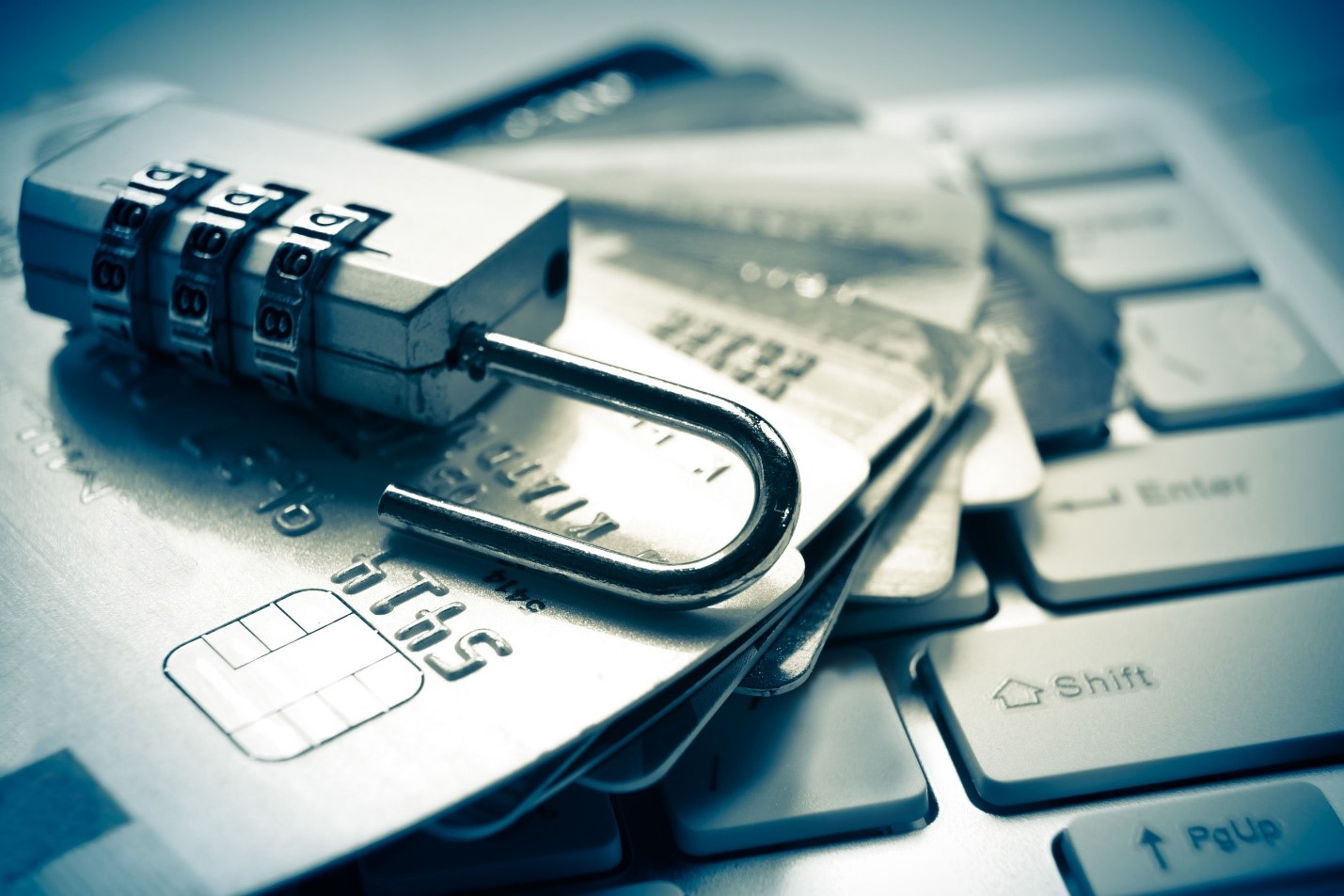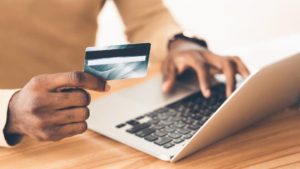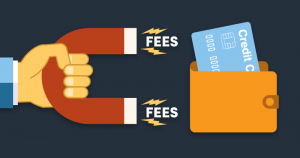With so many cases of identity theft and credit card fraud occurring online, it’s no wonder that many consumers are still hesitant to do business on the Internet.
Credit card companies and online businesses work hard to secure online transactions, but the threat of credit card fraud, deception, and scams will always exist. Let common sense be your first defense with our no-nonsense suggestions for safe online shopping.
How to Prevent Credit Card Fraud Online and Offline
Before you input your credit card information online, here are few things to have in mind:
See if you can actually pay with PayPal
While sellers do have to pay a commission for all the money they make through Paypal or Stripe, you, as the customer, don’t have to bother with this. So, if possible, have a PayPal account, connected to a debit card with little money on it and use this for your online payments.
I personally never use my credit card unless the store doesn’t accept PayPal. If they do accept it, then PayPal it is.
Are you using a secure browser?
A secure browser encrypts the sensitive information you send on the Internet to secure your online transactions. Make sure you’re using the most recent version of your browser to maximize your security. The “lock” icon in your browser’s status bar can tell you when you’re using a secure site.
Do not pay on a website that doesn’t have an SSL certificate
This is easy to see, it’s the same ‘lock’ icon you see near the website’s address in your browser.
If the link you are at doesn’t have https:// in front and is still using https://, stay away. As SSL certificates are the norm for any website since 2018 already, if a company hasn’t bothered installing a certificate (which is provided for free by most hosting providers), then keep away.
Only do business with established companies
OK, this doesn’t mean you shouldn’t pay outside ebay and amazon, since there are gazillions of exceptional vendors that are not as famous. But, before you do business with them, do a little check.
How much do you know about the company you’re dealing with? Have you done business with them in the past? Do they have a good reputation? If you’re unsure about the company, check with the Better Business Bureau or state Attorney General’s office to make sure they’re legitimate. Steer clear of companies, products or offers that sound too good to be true – they probably are!
Another quick trick is to see if they have a social media following, proper phone / email details etc. Do a quick google search on them. If you see anything with ‘scam’ near their name, be careful.
What personal information do they ask for, and how will they be using it?
Be very careful when sharing any personal information such as your credit card or bank account numbers, Social Security number, address, telephone number, or e-mail address. Review the site’s privacy policy to find out exactly how your personal information will be used, what security features are used to protect your information, and anyone with whom they may share your information.
What are the company’s shipping and refund policies? Review this information carefully, and ask questions if you need to.
Before completing your order find out the shipment date and total purchase price, and keep a copy of the merchant’s return policy in case you’re dissatisfied.
Keep thorough records of all your online transactions.
Be sure to record the following information: the company’s name, address, phone, URL, and email address; shipping dates and other shipment information provided by the merchant at the time you placed the order; the date you placed your order; a copy of the order form and/or confirmation; any further communication you’ve exchanged with the merchant and any other information relating to your purchase.
Go over your credit card and bank statement carefully each month.
Make sure that no incorrect or fraudulent charges have been made, and promptly report any unfamiliar charges or errors to the credit card company or bank.
Create a credit card inventory for emergencies.
Compile a complete list of all your credit cards, their numbers, and the emergency contact phone numbers and store this information in a safe place. If a card is ever lost or stolen you’ll have this information readily available.
In case there’s a problem:
Federal consumer laws offer protection against credit card fraud. If you promptly a lost, stolen, or unauthorized use of your card, you can only be held liable for up to $50. Be aware, however, that these same laws do not apply to debit, pre-paid, or stored value cards. Also, unauthorized purchases aren’t the only potentially damaging effects of credit-card theft and other types of fraud. Identity theft (when someone gains access to and misuses your personal information) can have far-reaching and long-lasting effects.
Contact the credit bureaus immediately if there’s a problem. If you ever feel the security of your credit card or bank account has been compromised, contact the credit bureaus to have a “fraud alert” placed on your file. This way, any future credit applications will have to be confirmed by you over the phone and will help protect you from any additional accounts being opened in your name.




